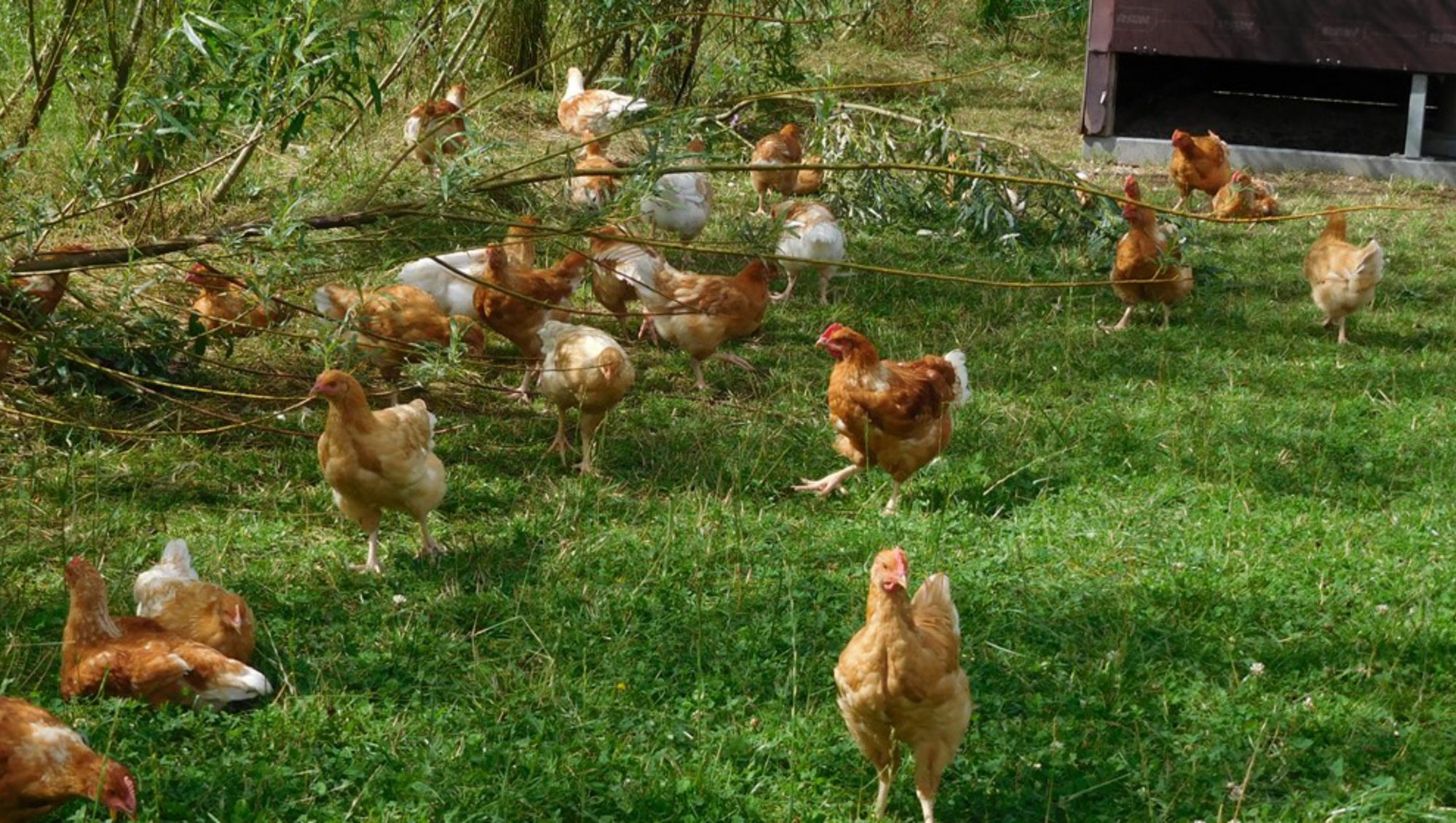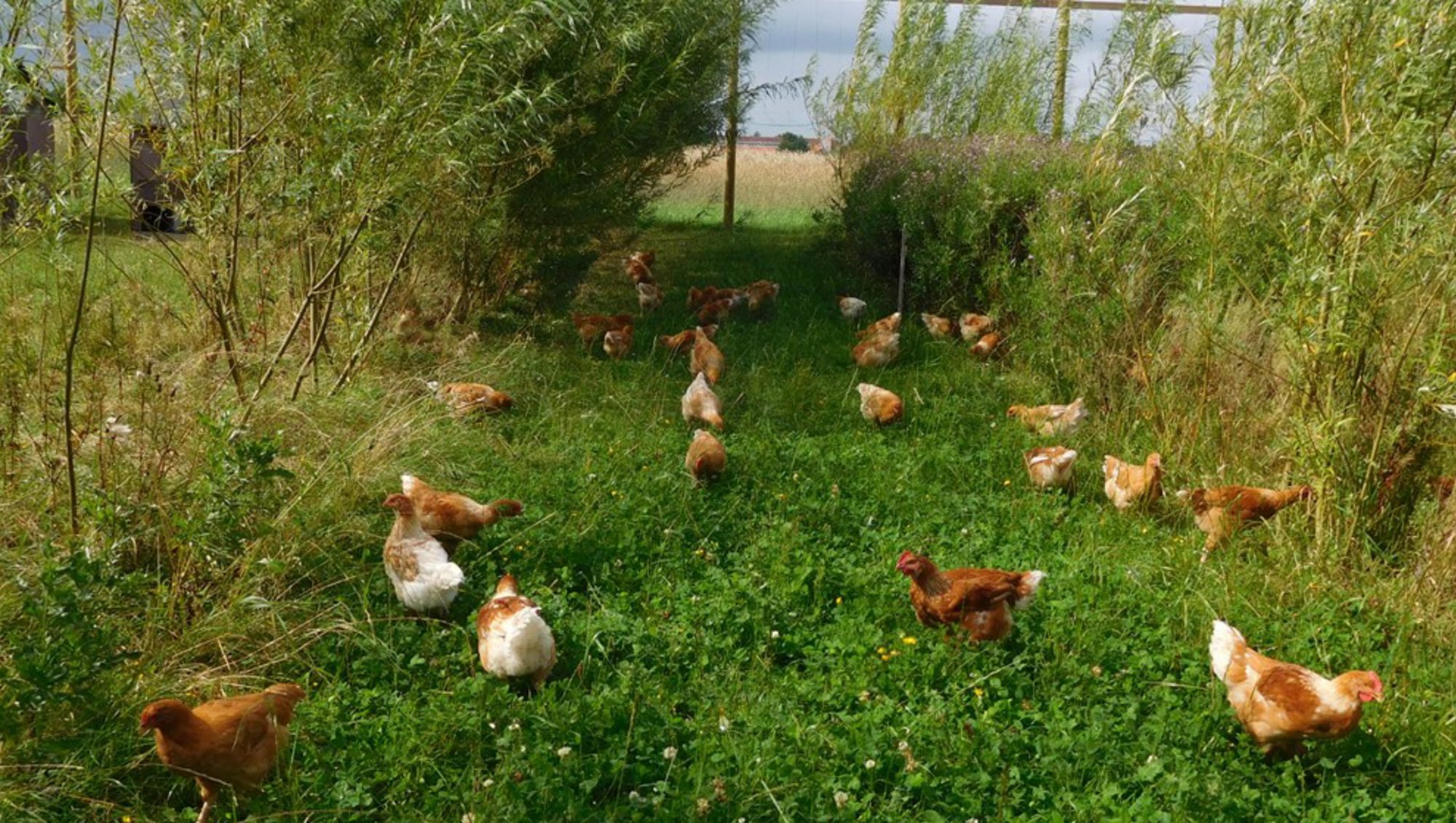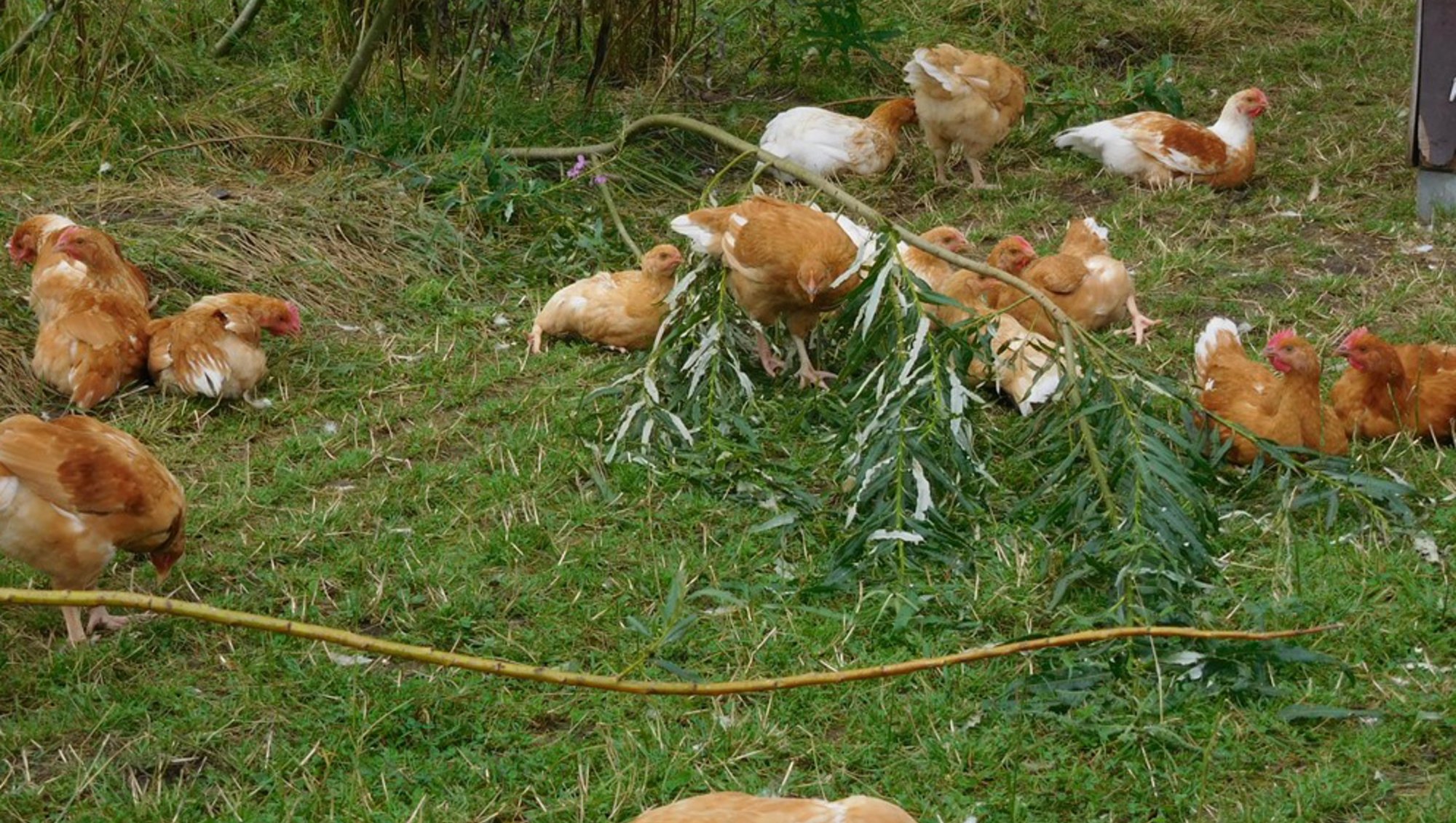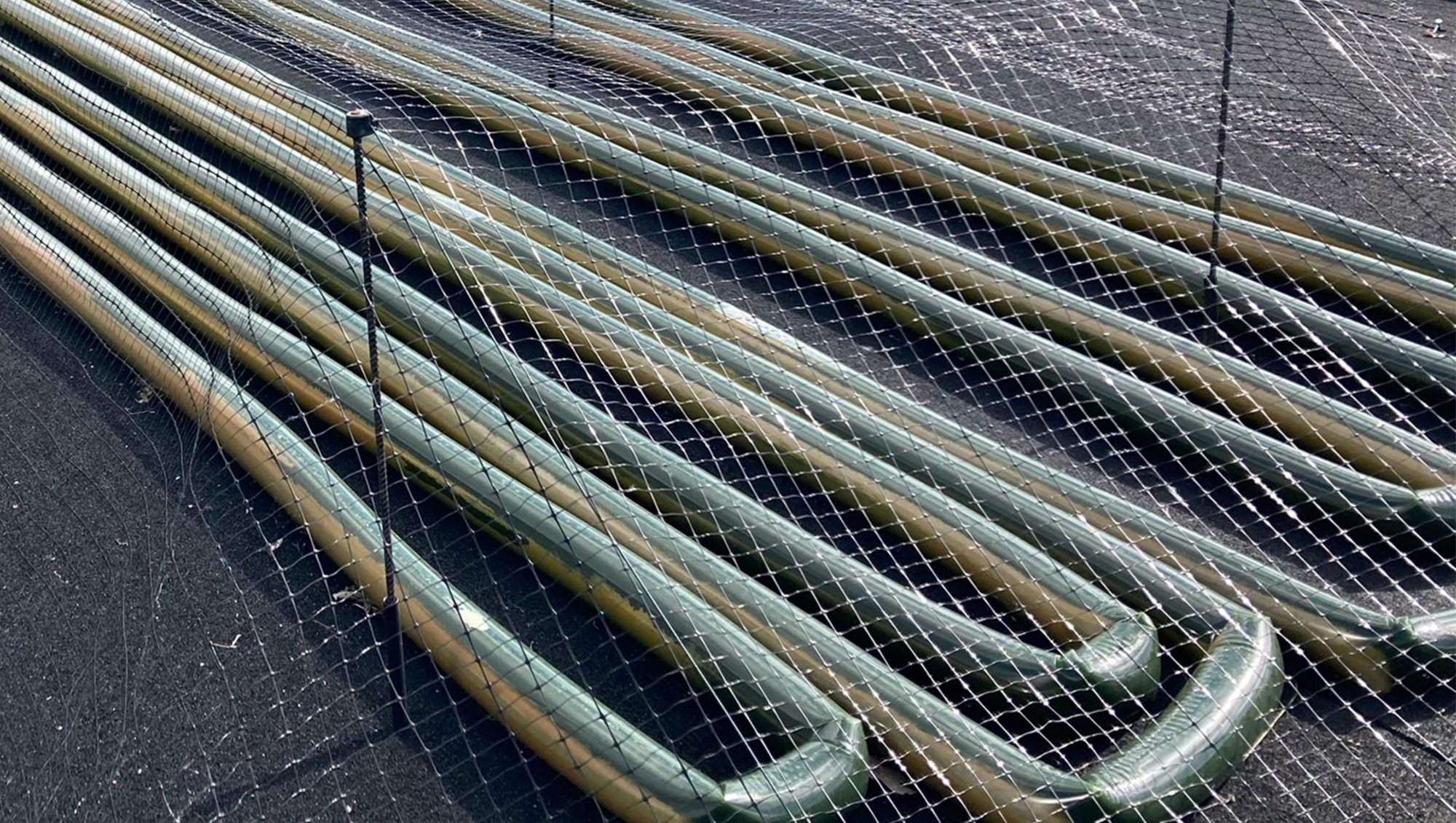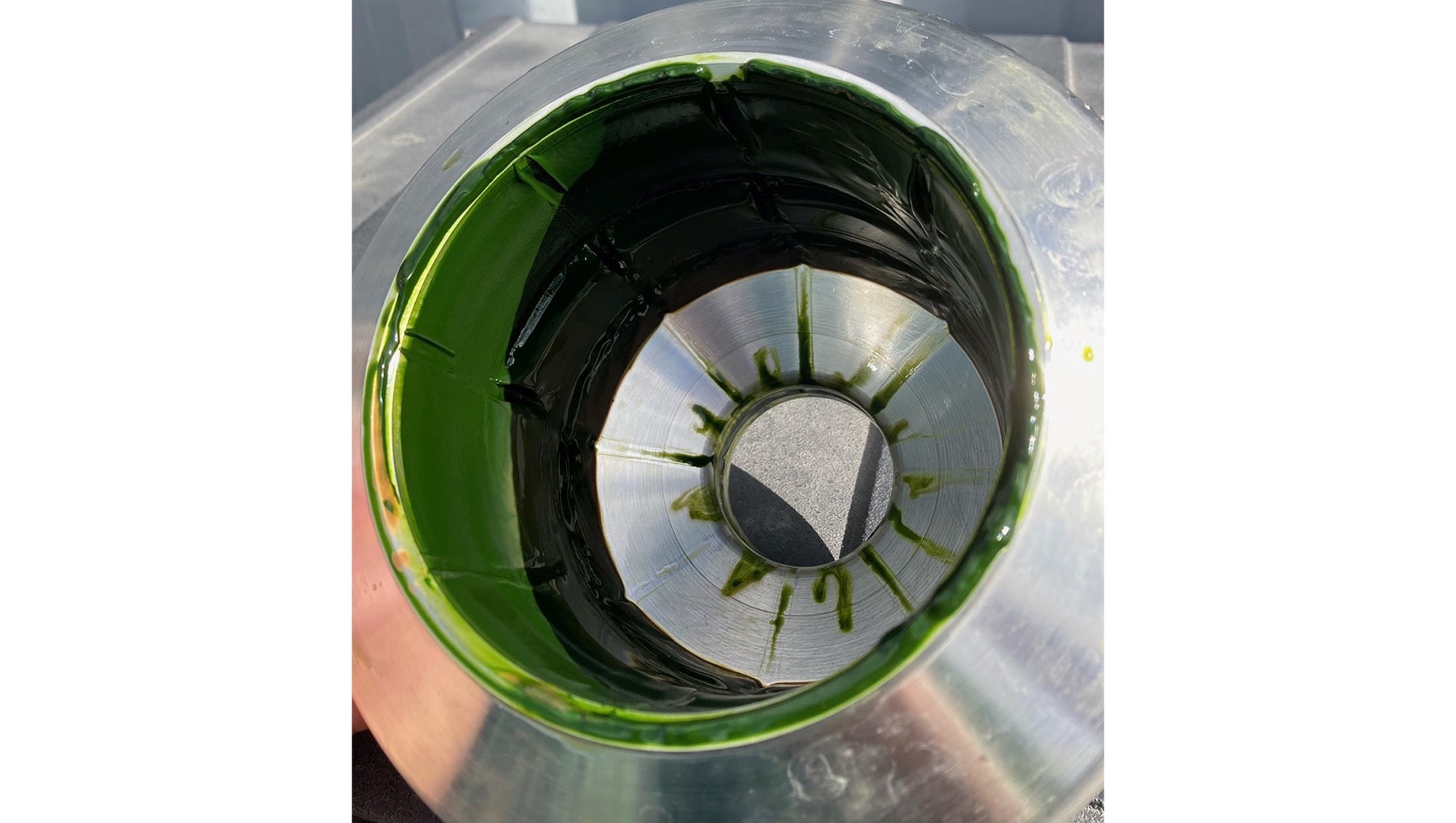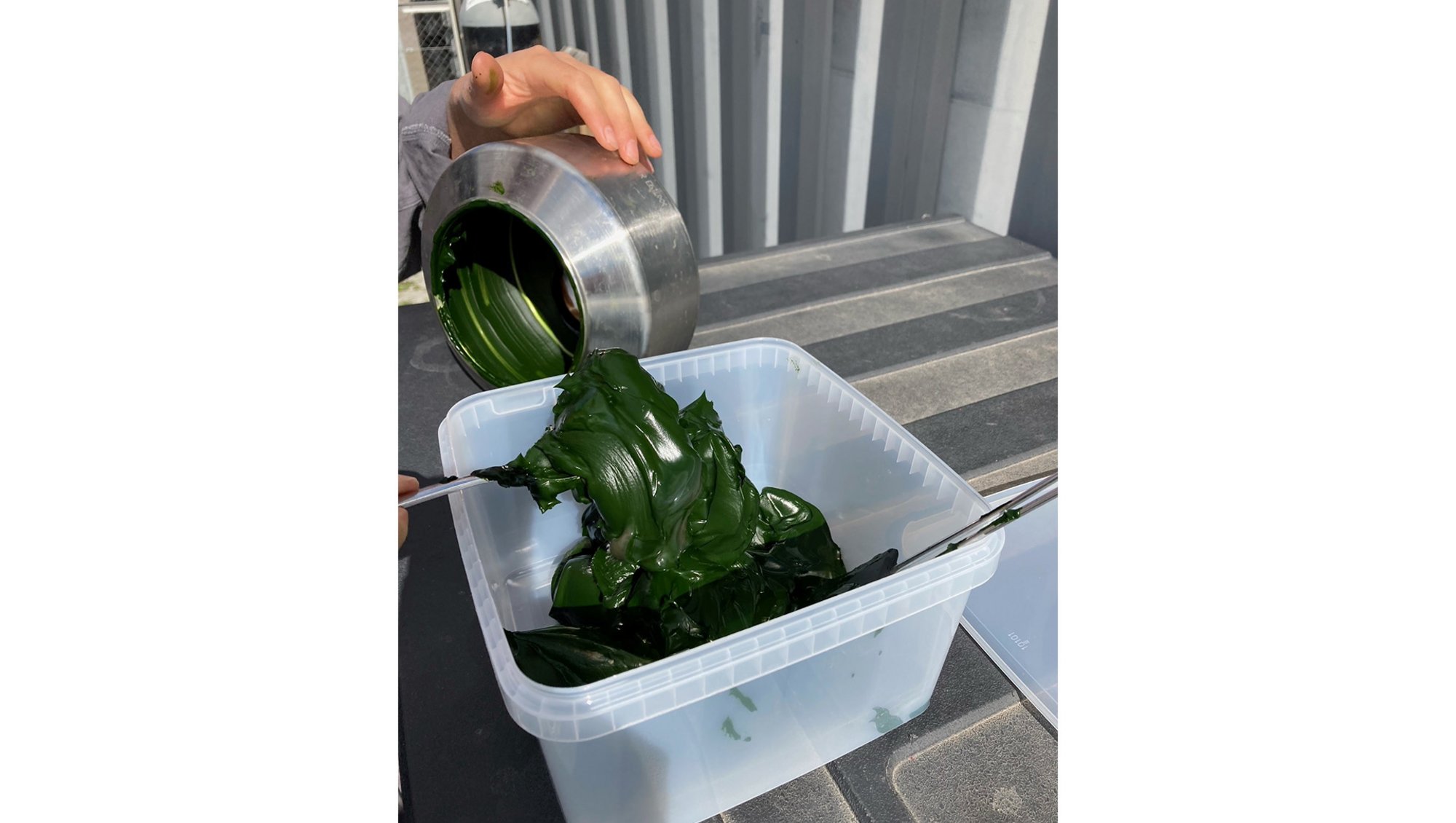ProLocAL
Protein from locally grown legumes and microalgae for organic chickens
Background
There is a wish to phase out soy as a protein source in animal production as soy production relates to deforestation which speeds up global warming and diminishes the biodiversity. That’s why there is a need for new, stable protein sources of high quality for fodder and foods.
Microalgae seem like a promising alternative protein source with high productivity and a good amino acid profile for poultry.
In organic broiler production it is important to meet the chickens’ need for methionine which results in an oversupply of protein as many vegetable protein sources are relatively low on methionine. The resulting consequences are expensive fodder and increased leaching of water and nitrogen in the chickens which has a negative effect on welfare and climate impact.
Purpose
The research project ProLocAL puts focus on replacing imported soy with protein from locally produced microalgae for organic slaughter poultry and improve the overall nutritional value of the fodder by supplementing with protein from legumes that can be grown locally by organic poultry producers.
The overall purpose for the project is to reduce the climate impact of organic chicken meat by feeding the chickens with locally produced crops and microalgae instead of imported protein sources – without affecting the taste, texture, or quality of the meat.
Organic fodder based on ingredients that meet the needs for essential amino acids of organic chickens without oversupplying with protein will reduce nitrogen leaching to the near environment, reduce NH3-evaporation (ammonia), and increase animal welfare as the risk of footpad lesions is remarkably lessened.
The introduction of new protein sources like microalgae can form the basis of a more optimal fodder for organic broilers where the cultivation of local crops like microalgae and legumes is increased. By increasing the amount of homegrown protein sources, the import of soy protein is reduced, and the self-sufficiency is improved.
The cultivation of microalgae will mainly use industrial sidestreams like brown juices from organic grass protein production and degassed slurry from organic biogas production which is positive for the sustainability and circular bioeconomy
The Project Step by Step
- Cultivation of protein-rich microalgae followed by extrusion where the goal is to integrate brown juices – a side stream from grass protein production, in combination with degassed slurry from organic biogas production as a nutrient source for bioeconomic cultivation of microalgae, and to use extrusion as a non-chemical or enzymatic preparatory processing of methionine-rich fodder suitable for organic poultry fodder.
- Examine the digestibility and use of microalgae in organic broilers and identify the optimal level of inclusion of methionine-rich microalgae/legumes in fodder for organic chickens. The nutritional composition of microalgae and legumes are analysed and used as a basis to formulate fodder for feeding and digestibility experiments.
- Meat quality assessment by sensory and instrumental analysis to evaluate the sensory changes of the broiler meat that can arise due to inclusion of microalgae and legumes in the diet. Based on broiler meat from the feeding experiments a taste and texture assessment of chicken meat will be carried out by a trained sensory panel.
- Define the best suited locally produced legumes for fodder for organic broilers along with protein-rich microalgae that can be cultivated locally by organic farmers. Fodder without soy and with different combinations of microalgae and locally cultivated legumes will be developed.
- Overall assessment and demonstration of climate impact, animal welfare, meat quality and production economy with an organic broiler producer where chickens are fed with a new soy free ProLocAL diet developed in the project.
Project Coordinator
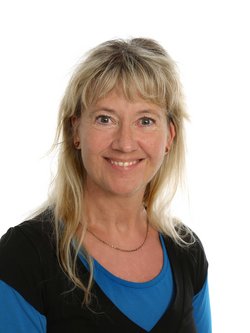
Sanna Steenfeldt
Department of Animal Science (ANIVET), Aarhus Universitet
E-mail: sanna.steenfeldt@anivet.au.dk
Tel.: +45 4123 4843
Project Partners
Danish Technological Institute
- Malene Lihme Olsen
University of Copenhagen
- Wender Bredie
- Johannes Gulmann Madsen
SEGES Innovation P/S
- Jette Søholm Petersen
Rokkedahl Landbrug
- Mark Rokkedahl
Vestjyllands Andel
- Kristian Knage-Drangsfeldt
Innovation Centre of Organic Farming
- Niels Finn Johansen
- Sofie Knorr Jensen
